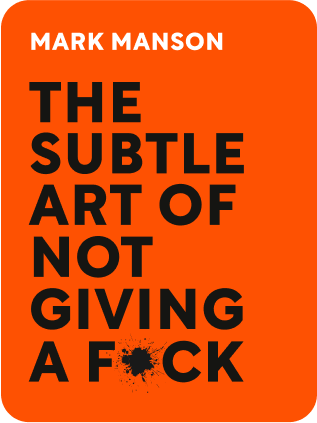

This article is an excerpt from the Shortform book guide to "The Subtle Art of Not Giving a F*ck" by Mark Manson. Shortform has the world's best summaries and analyses of books you should be reading.
Like this article? Sign up for a free trial here .
Are you always honest in your relationship? Do you ever tell small lies to avoid discomfort? Why is being agreeable actually detrimental?
When your partner asks, “do I look good?” the obvious answer would be, “yes.” But what if you actually think their polka dot shirt clashes with their striped pants? Do you tell them? Yes, because honesty in a relationship is more important than agreeableness.
Keep reading to find out why honesty in a relationship is more important than peace.
Building Trust in a Relationship
Trust is a vital component in a relationship. You have to trust each other enough to be honest: to say what you really think and feel, and to tolerate rejection (saying no and hearing no).
That means being honest in a relationship, even about even simple things — for instance, in a situation where two people are getting ready to go out, and one asks the other, “How do I look?” Many partners lie to avoid discomfort in answering that question. But honesty in a relationship is more important than feeling good in the moment. Being honest about small things sets the stage for being honest about bigger things.
Conflict and differences also help to build trust. In fact, conflict is necessary because when people can disagree, it means the relationship isn’t conditional or dependent on keeping one or the other happy.
- If someone always agrees with you, they’re not being honest and you can’t trust what they say. Working out differences openly is preferable to manipulation and dissembling.
- Rejection is part of building trust. If both people in a relationship cannot say no and accept no in turn, one partner’s values and problems may dominate the relationship.
You can’t have a healthy relationship without trust. If you don’t trust someone, you don’t believe it when they say they love you. Also, you don’t feel loved unless you can trust that it’s not based on conditions.
When Trust Can’t Be Repaired
However, cheating destroys trust. If trust can’t be repaired, the relationship is over.
- People who cheat are valuing something else more than the relationship. Whatever the value is — validation or power, for instance — it’s not compatible with a healthy relationship.
- Most cheaters apologize when caught and promise never to do it again, but that won’t fix the relationship. Fixing it, if that’s even possible, is a lengthy and painful process. The cheater needs to uncover and acknowledge the value that broke the relationship, and then decide whether it or the relationship is more important.
- Next, the cheater needs to build a track record of improved behavior. It has to be a long one — trust can’t be rebuilt without time and painful struggle.
This process applies to repairing any relationship where trust has been broken: The transgressor owns up to the values that led to the rift; and proves he/she values the relationship through improved behavior over time.
You may be able to repair one breach of trust, like gluing a broken plate back together. But if trust is broken again, the relationship (like the previously broken plate) is damaged this time beyond repair.

———End of Preview———
Like what you just read? Read the rest of the world's best book summary and analysis of Mark Manson's "The Subtle Art of Not Giving a F*ck" at Shortform .
Here's what you'll find in our full The Subtle Art of Not Giving a F*ck summary :
- How to clarify what's important to you (and not just what you think should be important)
- Why it's okay for things to not always go well in life
- Why you need to care about fewer things






